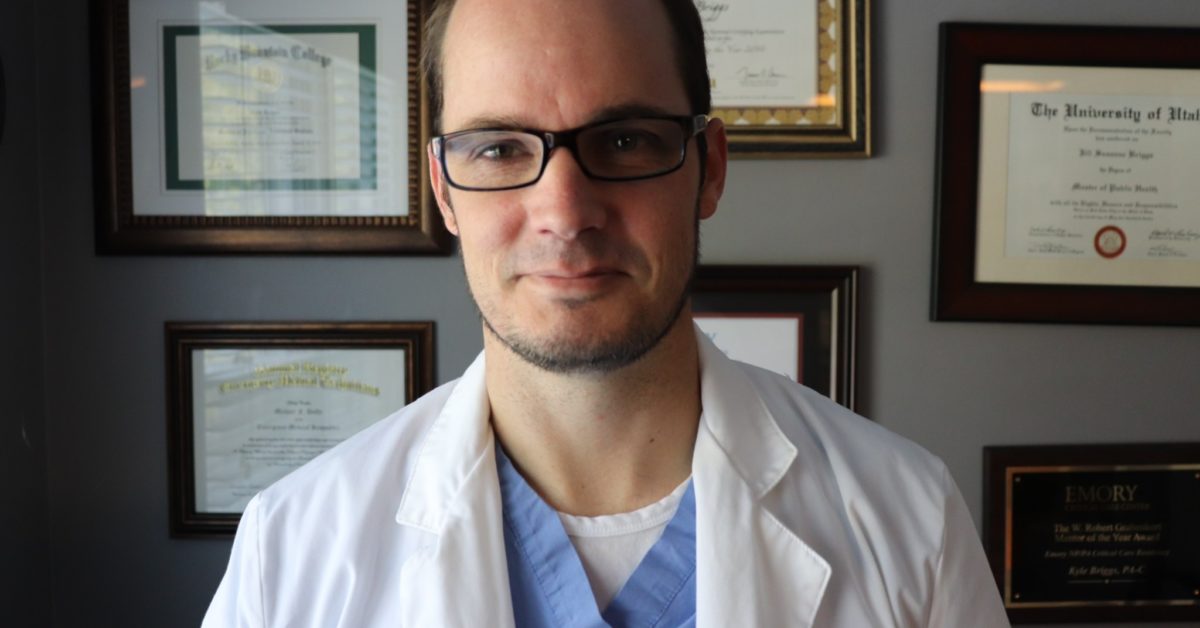My scrubs and title empower people to ask me, “What’s it like to be on the front line of the COVID-19 pandemic?” These people are well-intended, but they have it wrong.

I’m not on the front line. Rather, as a [physician assistant]-intensivist who never leaves the ICU, I’m the last line of defense. I’m part of a team that deals with the sickest patients in the hospital.
My patients need invasive machines and potent medications to maintain proper oxygen levels in their blood to stay alive.
Some develop multisystem organ failure and require machines to not only take control of their breathing but also of their cardiac or kidney function.
These people require thorough, thoughtful, and detailed care. Entering and exiting out of their rooms safely and without exposure to the virus is tedious and slow.
Extraordinary concentration is required at all times to ensure everyone’s safety. Rushing things places not only my patients but also my team and myself at risk.
We’re all in peril when we’re stretched thin and forced to rush.
All of our years of training have conditioned us to act quickly yet decisively to save as many lives as possible in as short a time as possible. We can take care of only a finite number of patients at once because of the meticulous details that must be kept, and the more intentional pace at which we can act.
The pace of COVID-19 patients arriving in ICUs is already increasing. When this influx swells, all of our stresses multiply, like the virus itself.
You don’t see it at home, but those of us inside the hospital are terrified that the increase of new patients will be so dramatic that we’ll run out of resources to care for them.
Protective gowns and masks that keep hospital workers safe are, indeed, already in short supp

